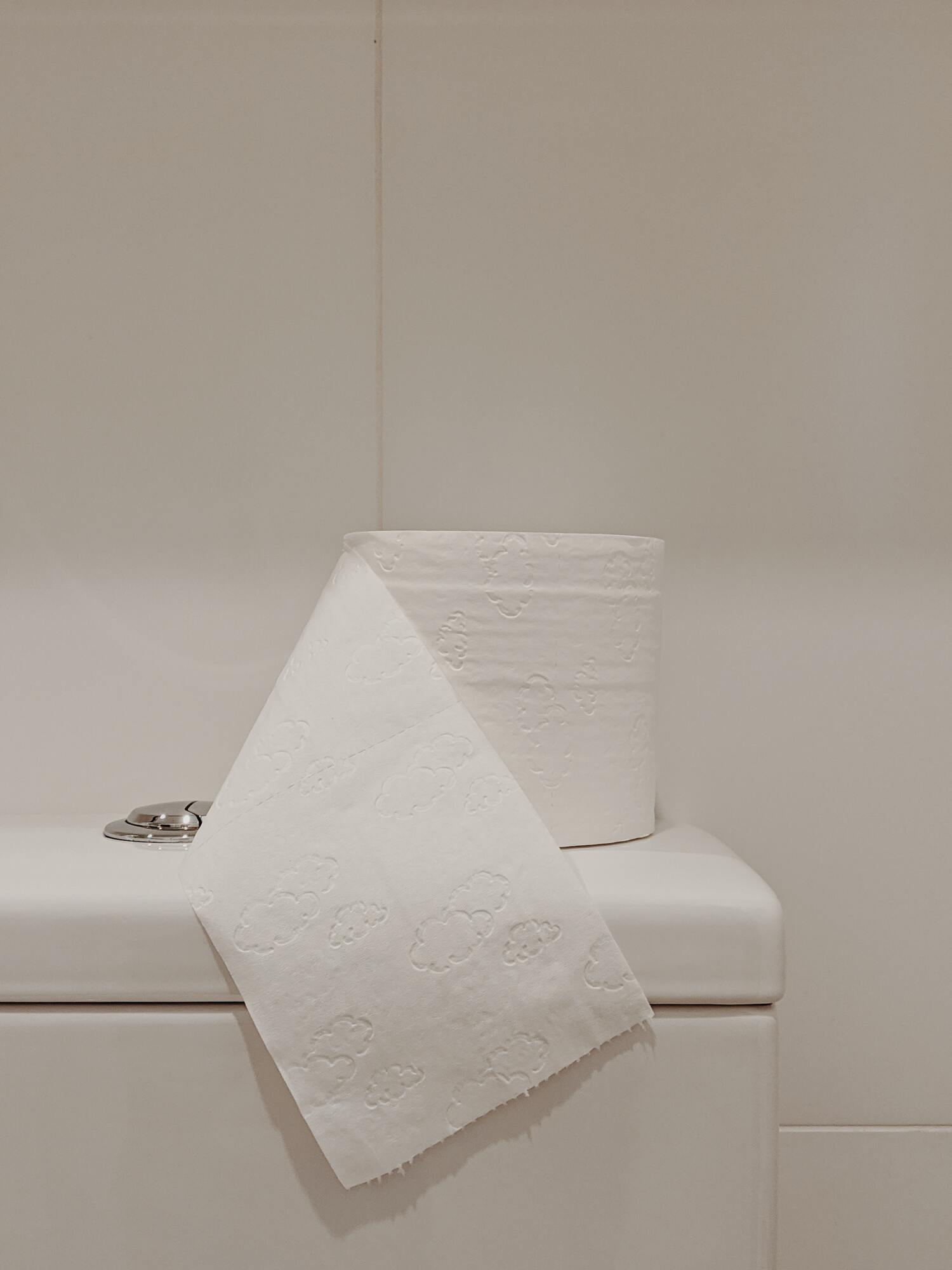Have you used the bathroom and noticed that your pee is cloudy? Usually this is not cause for alarm, but there may be an underlying condition causing it. Understanding what may be contributing to cloudy urine can help you identify the cause and make changes to resolve it.
What Does Cloudy Pee Mean?
So, what does it mean when your pee is cloudy? Urine is the body’s way of getting rid of unwanted substances. It is made by the kidneys, which filter out salts, waste, and extra water from the body. Occasionally, urine may also have other substances in it that change its appearance. These may come from a change in diet, infections, dehydration, or other underlying health conditions.
Normally, urine is a clear yellow color that varies in how light or dark it is. But what does cloudy urine look like? It may look milky, foggy, or hazy with a light yellow color, different from the brighter yellow it should be. It can range from being slightly cloudy to opaque (you cannot see through it).

What Causes Cloudy Urine?
You may be wondering, why is my urine cloudy? Cloudy urine is typically caused by a change in the acidity of urine. This is measured using pH on a scale of 1 to 14, with 1 being the most acidic and 14 being the most basic. Normally, urine has a pH between 4.5 to 8. If the pH rises above 8, it is considered alkaline urine, which may appear cloudy. Causes of alkaline urine include:
- Changes in diet
- Urinary tract health issues
- Pregnancy
- Underlying health conditions
Looking to learn more about urine pH and how it impacts your health? Read more here.
Diet
Everything we eat and drink eventually enters the bloodstream and is filtered out by the kidneys. With this, changing your diet may affect what your urine looks like. For example, a diet that is high in fruits and vegetables with less meat, cheese, and grains may lead to high alkaline levels, making your urine cloudy. Foods that are rich in purines (building blocks of DNA) may also cause cloudy urine. These foods (such as red meat, asparagus, spinach, tuna, and shellfish) may cause a condition known as hyperuricosuria, or having high levels of uric acid in the urine. Uric acid crystals in the urine may result in cloudy urine.
Dehydration
Dehydration occurs when the body doesn’t get enough water. This means your kidneys have less fluid to filter, making urine darker, cloudier, and more concentrated. Be sure to get the recommended amount of fluid daily to help prevent dehydration. In general, it is recommended that men drink around 15.5 cups (3.7 liters) of fluid per day, while women drink 11.5 cups (2.7 liters). Try starting your morning off with a glass of water to help support your body and flush out any toxins. If you don’t like water or you want to add some variety into your diet, you can add in other sources of hydration — such as soups, yogurts, and smoothies — for some added nutritional benefits.

Urinary Tract Health Issues
Urinary tract health issues, especially caused by bacteria, also cause cloudy urine. The cloudiness is mainly caused by discharge of pus or white blood cells into the urine.
Pregnancy
Changes in urination are common during pregnancy, some of which may cause cloudy urine. These can include:
- Dehydration from morning sickness
- Urinary tract health issues
- Vaginal discharge
- High blood pressure and high levels of protein in urine with pregnancy, a condition known as preeclampsia
Underlying Health Conditions
In some cases, cloudy urine may be caused by other diseases and conditions that affect the kidneys. Kidney stones that form from a buildup of minerals and salts in the kidneys can also cause foul-smelling, cloudy urine when they are passed. Other symptoms of kidney stones include severe back and abdominal pain, blood in urine, and nausea or vomiting.
High blood sugar levels from diabetes may also cause cloudy pee. The kidneys may filter out excess sugar and substances known as ketones into the urine, which can give it a cloudy appearance. It may also smell fruity or sweet.
Treating Cloudy Urine
If you are dealing with cloudy urine, there are a few ways you can try to manage it on your own. Be sure to keep hydrated with the recommended amount of daily fluids. To help reach optimal urine pH levels, try to eat a balance of alkaline foods (fruits and vegetables) with more acidic foods, such as meats, cheeses, and grains. Not only is eating a balanced diet for your overall health, but it can also help prevent other complications such as kidney stones and urinary tract health issues.
Cloudy urine can occasionally occur and should go away within a few days. Be sure to talk to your doctor if you have other symptoms along with cloudy urine, such as fever, headache, blurry vision, or pain.
Want to learn more about your body through your urine? Try Vivoo an at-home urine test that can provide real-time data on your urine pH, protein, hydration, and more. Start your wellness journey today.













